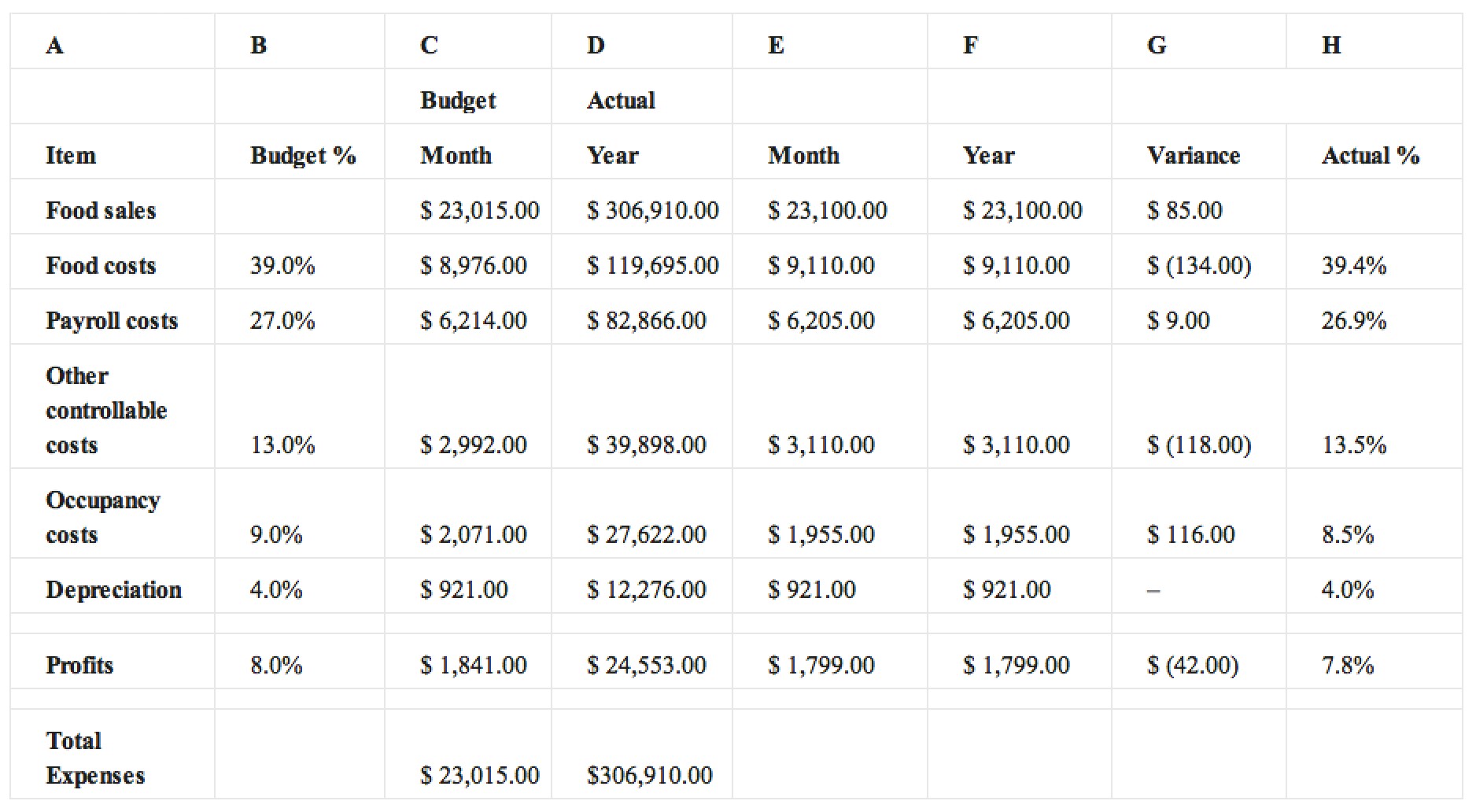Every business whether small or big should have a business plan written to guide the investors on what to do from the beginning and as the business grows. Ideally, a business plan is a paramount aspect for the success of the company. Nonetheless, the process of writing a business plan takes a lot of time probably more than ten days. It is because it entails a lot of research and feasibility study which requires enough time to complete. It is also important because it provides you with an operating plan that makes it easier to run and manage human resources. Furthermore, it ensures that you can communicate your idea to others which also serves as a selling tool. Besides, if you are not going to use the business plan to raise the startup capital, you can use it for personal benefits.
What is a Business Plan?
A business plan can be described as a document that contains vital information regarding a new business including strategic goals, products and services, budgetary requirements and the possible market. It also shows the prospects for growth in business and methods of achieving those goals. Typically, a business plan should have three sections. The first section usually describes the management and marketing techniques that the business will take. The second section should highlight the financial projections and the budgetary requirements. The third section should provide supplementary information regarding the market. However, remember to include an executive summary at the beginning of the document in case of an elaborate business plan.
- First Section
It should be concise with the most important details. You can use bullet points to summarize the main aspects of the business. Ensure that you use a visible font to improve readability. This section usually takes about 10 to 20 pages depending on the complexity of the company.
- Second Section
The second section of the business plan should include the figures; the financial projections that are based on facts. You should not guess the digits but ensure that all data are justified and goes along with the reality. For instance, if you intend to hire human resources, you should include the budget for salary and wages in this section.
- Third Section
The third section of the business plan should contain information that supplements or act as a backup to the two parts. Primarily, you can have the business model in a sketch to facilitate understanding of the nature of the business that you plan to run.
What is the Importance of a Business Plan in Your Career?
It is the habit of the young entrepreneurs to overlook the benefits might have by having a good business plan. You should not entertain this type of ignorance for a small-medium enterprise. An established business plan is critical for your business and essential tool that investor’s look for them to trust your idea. Just like your business is critical, your career also requires the same level of attention to determine the key challenges and the process of identifying opportunities for growth. Thus, the following are the significance of a business plan in your career.
- Future Vision
Businesses are dynamic and are subject to change as they experience growth. As technology continues to advance, the more the trends and the need to stay updated with the latest trend. Therefore, having a well-written business plan provides you with an ample environment for career growth in the future. At some point as a director, you may be entirely in control of your staff and having a strategic plan written down will give you a significant platform to lead your workers shortly.
- Convinces the Financial Institutions/Lenders
It may be challenging to obtain finances from your potential sources without an established business plan. Most financial institutions such as Banks and Sacco’s require a copy of your business plan before deciding the amount to give you. Therefore, by writing down the figures and detailed plans regarding the entrepreneurial venture offers you an opportunity to attract investors.
- Attract Partners and Team Members
Business plans are usually designed to attract potential partners, suppliers, and other stakeholders. Therefore, to convince the entire team of the stakeholders, you may be required to have a convincing plan. It will make it easy for you to obtain the required group of partners that will push the business to the desired level. Additionally, organizations may need to hire competent individuals in writing business plans and project management. A good project manager should understand how to interpret and foresee possible challenges through a business plan.
- Tracking Business Growth
A business plan usually includes SMART goals and may be vulnerable to challenges. However, a well-choreographed plan will make it easier for the entrepreneur to track whether the business has stagnated or it is experiencing growth. You may need to consult a financial advisor to help you determine how the profits can be shared.
- Easy Management
A business plan usually has the organizational structure that highlights the hierarchical organization from the Chief Executive Officer to the junior staff. Therefore, having a good business plan will make it easier to manage and define the duties and responsibilities for human resources. This strategy will minimize the chances of conflicts and possible resistance from the staff.
The Fundamental Rules for Writing a Business Plan
Successful entrepreneurs discovered the secrets behind a successful business plan. Although an elaborate business plan may have up to a hundred pages, a typical business plan should have at least 50 pages. This aspect is because investors want something they can quickly peruse and get the point. It would be wise to write a 50-page business plan that potential funders can go through quickly rather than 100 pages that they will not be able to read and comprehend all the facts. Nonetheless, the following simple rules will help you create a business plan that possible investors can enjoy reading and enable you to get positive feedback.
- Make it Brief
A good business plan should be brief with a clear vision that is easy to read and interpret. You should also highlight the goals and the problems it will solve in the society. It should be free from mistakes and errors which may discourage the investors from believing in your vision
- It should be Formal
You should use a formal format and language throughout your business plan. You refrain from using slangs because you may be compelled to take to financial firms that will need to file or store in their database.
- It should have Detailed Information Regarding the Market
You should not forget to list the potential competitors in the market. A good business plan should also explain the target market and define the characteristics of the demographics. For instance, it would be plausible to describe the potential opportunities for expansion.
A Standard Business Plan Outline
Although there are various types of business outlines on the internet. It is essential to understand how to write a standard business plan that is acceptable in all the financial institutions and can also be applicable in the academic arena. In an ideal business, a capitalist mentality is critical when deciding a formal outline for your business plan. Most people have the wrong perception that a business outline should be as long as a thesis or dissertation. However, this perspective is not correct because even the university professors are not after reading the long and ambiguous business proposal. The following outline is an ideal format for the academic purpose or personal benefit.
Executive Summary
The first part of your business plan should be the executive summary which provides a brief compilation regarding the business. The business plan experts recommend that executive summaries should be written after other parts of the project. The primary reason for writing it last is to ensure essential details that may come up in the body sections are not omitted. The following components should never miss when writing your executive summary.
- Business name and location
- The products and services that your business will be dealing with
- Mission & vision statements
- The strategic objective of your business
- Approximate budget for starting the business in brief
Description of Business
In this section of your business plan, you must describe the operation of the business by stating the goals and the gap that your business will fill in the market. The critical elements that should not miss in this section entail;
- The legal structure, e., sole proprietorship, limited liability corporation,
- The demand for your services
- Review all the products and services
- Potential business growth
- Long term and short term projections of the business
Products/Services
In this section, you will be required to give a detailed review of the product/services you are offering. Furthermore, you will be required to describe the technology used and the primary reason why the customers will be compelled to seek your services. If the products you are bringing in the market are not unique, you may be required to position them by differentiating them with that of the competitors. The following are the basic questions you should be addressed under this section.
- What are the specific products/service you are bringing to the market?
- What are the key features and the benefits your prospective clients will draw from your business?
- What is the position concerning the quality and quantity of your products?
- How will you differentiate your products from the competition?
- What makes the products/services unique or desirable in the market?
- Why will the customers buy your products/benefits?
Market Analysis
Market analysis is usually essential for the existing businesses or startups because it justifies the business forecasts and gives the marketing plan. It is also under the market analysis that a new company will be able to conduct a market analysis using the trade associations. It is essential that in all cases your market analysis maintain its relevance based on your business model. The important aspects that should not miss in your market analysis section are:
- Demographic and psychographic features
- The size of your market
- Your market share in case of competition
- The industry outlook
- Opportunities that are available in the market
- Customer segments
- SWOT or TOWS analysis of your business. Existing businesses may be compelled to conduct their market analysis from time to time to understand the progress of their business.
Marketing Plan
This part of your business plan will contain the notable highlights regarding the market plan. The fundamental elements of your marketing plan entail the following.
- Product strategies, for example, packaging, shape, and color
- Pricing strategies, for instance, the much the customer will have to part with for a given unit of the products
- Promotional strategies. This element will describe the methods that you are going to use to let the consumers know about the existence of your products and services (Pinson 22).
- The details regarding human resources and their working schedules
Location
The details regarding the physical place of your business are vital for the suppliers and the customers. The sites in urban areas and where the customer traffic is high usually cost more in rent, and the cost of buying premises in such places is also high. The fundamental questions that you should address in this section entail;-
- What is the business address/building/Street?
- Is the premise owned or leased?
- How is the premise environment?
- Are there modifications required?
- Is it accessible by the target customers?
Management and Operations
Management and operations is a critical part of your business plan and can lead to success or failure of your business. Therefore, it is vital for one to understand the qualifications of the staff and the structure of the industry. The fundamental elements that you can include in this section entail.
- An organizational chart stipulating the roles of every staff members
- Information regarding the proprietors
- List of the legal advisors including team members.
- What are their compensation plans?
Financial Plan
Every business plan must have a budget and economic projections that must be accurate and realistic. The underlying reason for financial projections is to determine the amount of money that the company requires for its operation in the given fiscal year. Furthermore, you can formulate a loan repayment plan of the business which is primarily funded by a loan. It is also important that you write the potential sources of finance to enable you to create a realistic budget. Additionally, you will be required to develop the projected income statements, a balance sheet, and a cash flow table. Fundamentally, you can decide to create the comments either on monthly, quarterly, semi-annually or annually depending on what is convenient for your business.
Note that you can seek the help of an accountant or the support of our professional writers with in-depth knowledge regarding financial statements. However, before starting the financial projections, you can research the existing template and economic forecast models depending on the accuracy of your assumptions.
Below is an example of financial projections for starting a restaurant.
Creating a business plan is an uphill task that may take your time and effort. However, the good news is that we have a team of competent and professional writers who can save you the hustle. We can deliver any business plan within your deadline.



